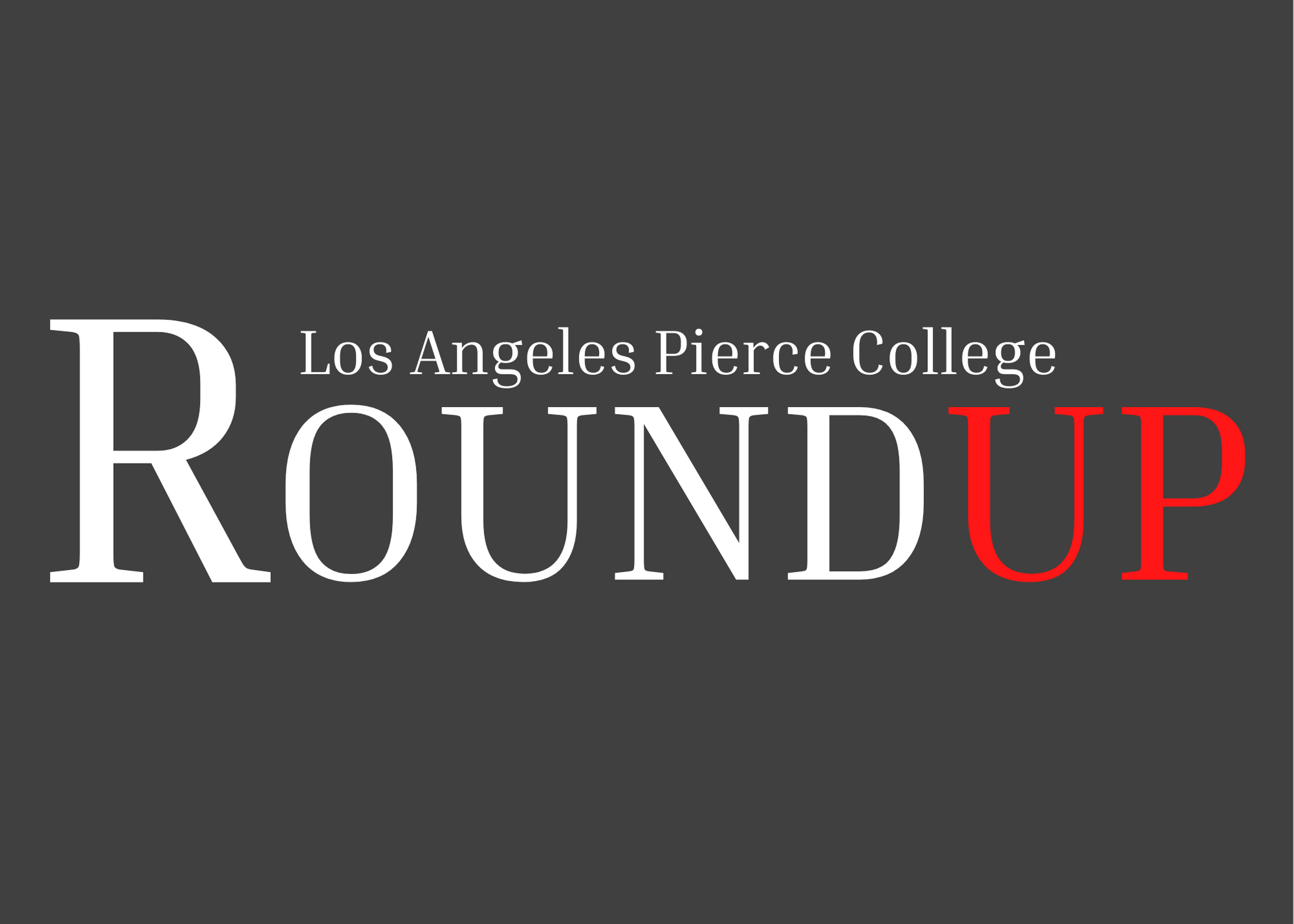To protect student privacy rights, professors that conduct online meetings cannot require a camera to be turned on, which has varied opinions among many Pierce professors and students.
“It’s a violation of student privacy, which I disagree with,” said Political science professor Anthony Gabrielli. “I think we as faculty if there’s a reason why a student can’t have a camera on, we can make that decision one on one.”
Gabrielli is a political science professor at Pierce who teaches American government, political theory, and research methods. As a professor who uses zoom to communicate with his class, he states that having a camera on allows him to engage with his students better and identify who’s participating and who isn’t.
In his opinion, professors should be able to require a camera on and excuse the rule for a select number of people due to a certain situation.
“Leave it up to the faculty. We’re professionals,” Gabrielli said. “I think a general statement would be due to certain circumstances. I’ve made a few exceptions for a few people. They’ve explained to me why they can’t have a camera on, and I’ve used my judgment to do that.”
However, this idea doesn’t seem to appease the Office of Academic Affairs (OAA).
A statement released by Ryan Cornner, the Vice Chancellor, and Angela Echeverri, President of the District Academic Senate, declared that professors couldn’t demand a student’s webcam to be on due to a student’s privacy.
One point the statement makes is that some students are not comfortable sharing their personal spaces with faculty, staff, or other students. The OAA believes verbal responses should be enough to gauge student participation.
The statement explains that displaying a webcam may expose other individuals in a student’s household who may be sharing their learning space, which can cause sensitivity for many people.
On the contrary, Gabrielli says that turning on a webcam enhances the distant-learning experience. It allows him to collaborate better with his students and see the reactions students have to the things he says.
“You know, I deal with political science. I deal with a lot of controversial issues,” Gabrielli said. “It’s hard for us to know, A, if they are understanding, B, if we are offending students, and C, if students are engaged and listening just like they would be in the classroom.”
Farah Yousuf, a sophomore majoring in Psychology at Pierce, seems to agree with the Office of Academic Affairs statements. Yousuf usually doesn’t turn on her camera during a Zoom meeting and says that the choice of turning on a camera or not should lay in the hands of the students.
“Personally, I just get too self-conscious,” Yousuf stated. “What if a student isn’t home and they still need to attend class? They don’t necessarily want to show where they are.”
As students are working from home, Yousuf believes that students could potentially be put in certain conditions where turning on a camera may seem too personal or uncomfortable.
“I could get why a teacher would say that, just to check if you’re actually paying attention,” Yousuf stated. “But at the same time, you don’t know a student’s situation.”
Erin Hayes, another professor who teaches at Pierce, states that she agrees with the rules placed by the Office of Academic Affairs.
Hayes teaches Anthropology, and having used Zoom in the past, she entirely agrees with the rules concerning a student’s right to leave their camera off.
“You should not require a camera,” Hayes said. “I attend a lot of the zoom meetings, and a lot of times, I don’t turn on my camera.”
Hayes discusses that in the past, she’s had students who were unable to find a proper learning space to work and that if she were to require a camera on, many students may find that unsettling or too private to share with others.
“If it were a whole class and I required them to be on camera, there’s individuals who can’t find a place to work,” Hayes said.




